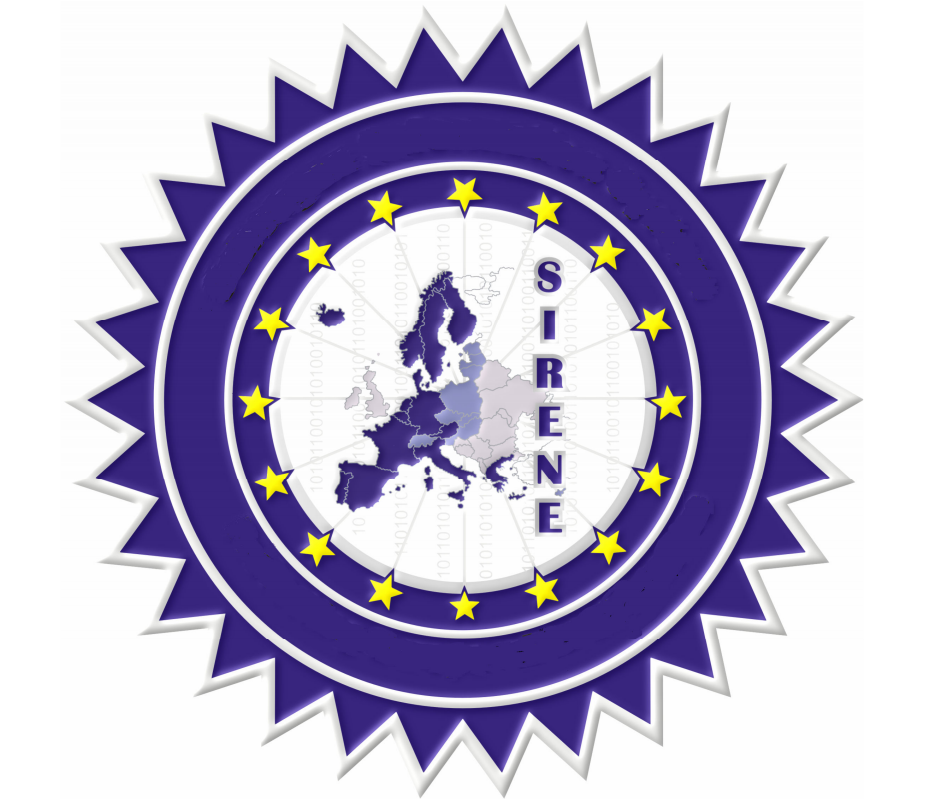Alerts in the Schengen Information System are increasing significantly every year, entries in Europol databases are also continuing to grow. The German government now wants to use video messages and giveaways to promote the acceptance of the largest European police database.
The German EU Council Presidency wants to introduce a “European Data Quality Day” (EDQD) in the EU Member States to improve the quality of police data bases. The Federal Ministry of the Interior already sent out a questionnaire on this subject in September, now a proposal is to be discussed at the EU Council of Interior and Justice Ministers. The action day is to be repeated annually and is part of the “European Police Partnership” (EuPP), which the Federal Government announced on the occasion of its Presidency.
The initiative is mainly aimed at the use of the Schengen Information System (SIS II). Thus, the Member States are to enter more arrest warrants in the database. Improvements are also to be made with regard to incorrect spelling of first names and surnames or changes of name. In some Member States, the SIS II will no longer show previous entries of the person after a marriage.
German authorities are power users
The “Data Quality Day” should also help to fill Europol’s databases. The police agency operates the Europol Information System (EIS), which currently contains about 1.5 million records. German authorities lead in terms of supplies and queries, with the Netherlands and Belgium in second and third place. In 2019, the number of entries made from Germany was around 280,000, affecting around 50,000 persons. About half of the entries in the EIS come from authorities outside the European Union, mainly from the USA.
German authorities also hold top positions in the querying the SIS II. In addition, secret services from third countries can initiate entries in the database. Due to their increasing volume, the EU Commission and the Council are looking for a new procedure for this purpose. Under discussion is that Europol collects lists of such entries and then wins over a Member State for the alert. In future Europol will also be able to use the SIS II searches itself.
More data should justify the need for automation
The SIS II will also be quantitatively extended. Following the implementation of three new regulations, the largest European police database is expected to process significantly more entries. In Germany alone, some 2,000 new authorities will be connected. Iceland, Norway, Liechtenstein and Switzerland also use SIS II. However, the staff of the SIRENE Bureaux, which are responsible for the international exchange of information in the Member States, has hardly increased. The German Presidency is therefore making a further proposal to “automate” the exchange of information.
In the document, the German Ministry of the Interior refers to the ADEP and UMF3 pilot projects carried out by the BKA on behalf of the EU Commission. These could help to automatically check incoming information on persons or objects before it is entered into SIS II. In simple cases, the further processing of the information could also increasingly be carried out without human intervention. An example is the search for missing persons.
Advertising with “hero stories”
In addition, the German government wants to increase public awareness of the police database. The German delegation in Brussels proposes that the new version of SIS II be accompanied by video messages in social media. Individuals from the police, public prosecutors’ offices or courts should highlight the success of the database in “hero stories”.
According to the proposal, European interior ministers should address commendatory video messages to the end users of SIS II. In addition, the EU Commission should ensure positive articles in specialist journals. Finally, the German Federal Ministry of the Interior proposes to design a project logo for the SIS II, which could then be printed on giveaways and distributed throughout the Schengen area.





Leave a Reply